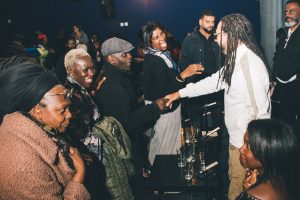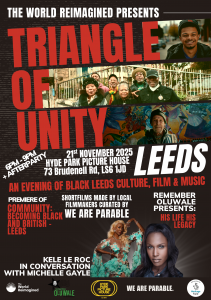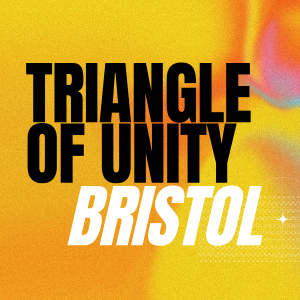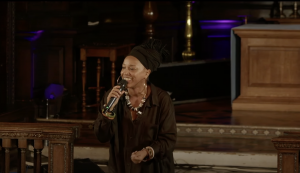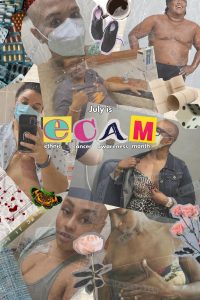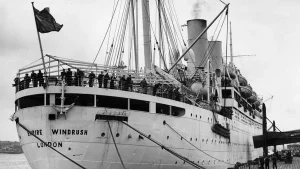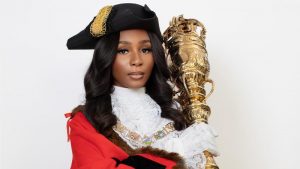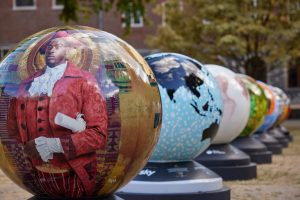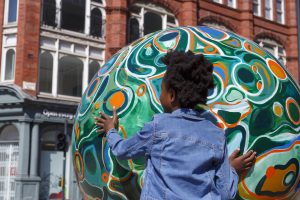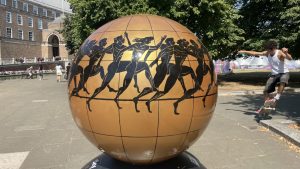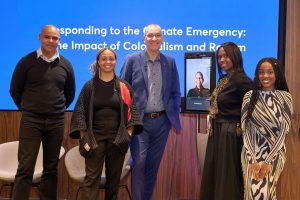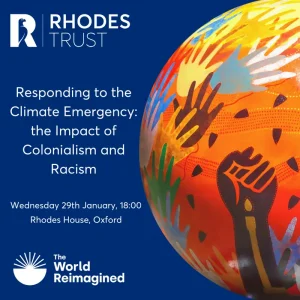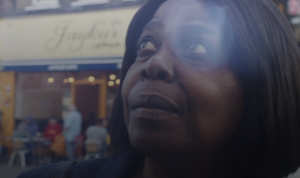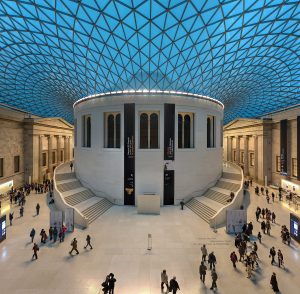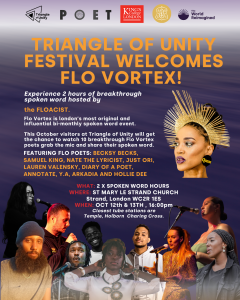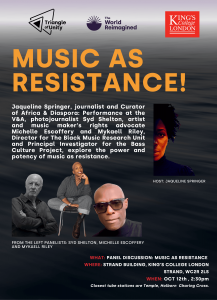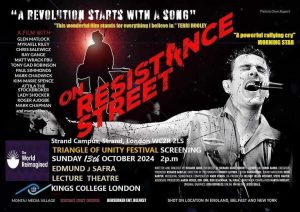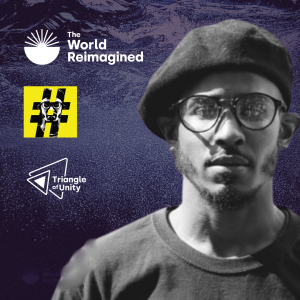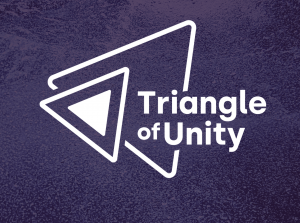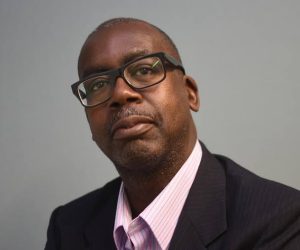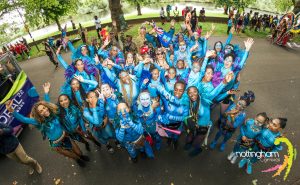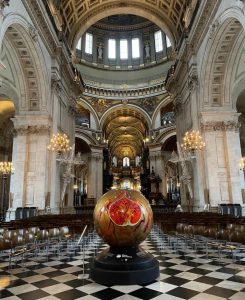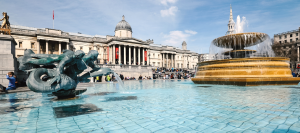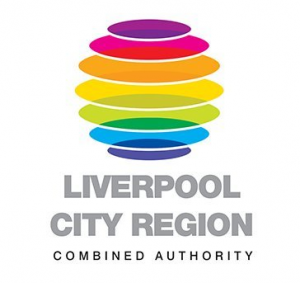For singer, writer and actress Michelle Gayle, learning about Black history was always a natural part of growing up. The daughter of celebrated community activist Maria Gayle, she spent her spare time attending classes and exhibitions about Black culture run by her mother’s organisation Black Insight, which worked to support the local community in Harlesden, north London. “As the child of an activist, I didn’t quite get it,” she admits. “I was mostly quite upset because I didn’t have her full attention because she was so passionate. It’s only when I look back, I’m so proud of her because she taught me all of these things really young.”
Passed down from her mother, Michelle continued to cultivate her passion for Black history well into her adulthood, which subsequently led to what she describes as a “full circle” moment founding The World Reimagined in 2019. The first UK-based project of its kind, The World Reimagined is a ground-breaking national art project designed to transform how we understand the Transatlantic Slave Trade and its impact. Due to kick off in the summer of 2022, the initiative will see imaginative and interactive trails featuring the project’s sculptures pop up in cities across the UK, including London, Leeds and Swansea, with more to be announced.
Many of the installations will be designed by world-class artists such as Turner Prize nominee Yinka Shonibare, who conceived the “blank canvas” form of the The World Reimagined’s globes, which emerging talent and leading creatives then reimagine. The original art works will respond to themes ranging from “Mother Africa” and “The Reality of Being Enslaved” to “Still We Rise” and “Expanding Soul”. Education is the beating heart of this movement, with more than 250 schools and colleges poised to participate in an experiential learning programme inspired by the themes explored. Every installation will also be accompanied by an immersive mobile app experience presenting what Michelle describes as a “comprehensive look at being Black and British”.
As such an abstract form of expression, art is something of an unconventional choice of medium to convey the sombre truths of the slave trade, but Michelle maintains that its subjectivity is what makes the message accessible. “Art is an emotional journey. Because you’re trying to understand it, it means you naturally develop empathy. It means that you’re living with it and you’re living with the truth that each theme is trying to show you,” she explains. The World Reimagined team were adamant that their message should reach every corner of the nation and touch “every class and every creed”. Despite enlisting the expertise of some of the best researchers in the field, including experts in the Transatlantic Slave Trade from the likes of Harvard and UCL, the project’s focus on accessibility meant that Michelle and her team felt “the lecture hall was the wrong place for what we wanted to do”. “We felt art was the easiest route to building empathy for the journey of discovery and a much more accessible way for people to understand,” she explains.
